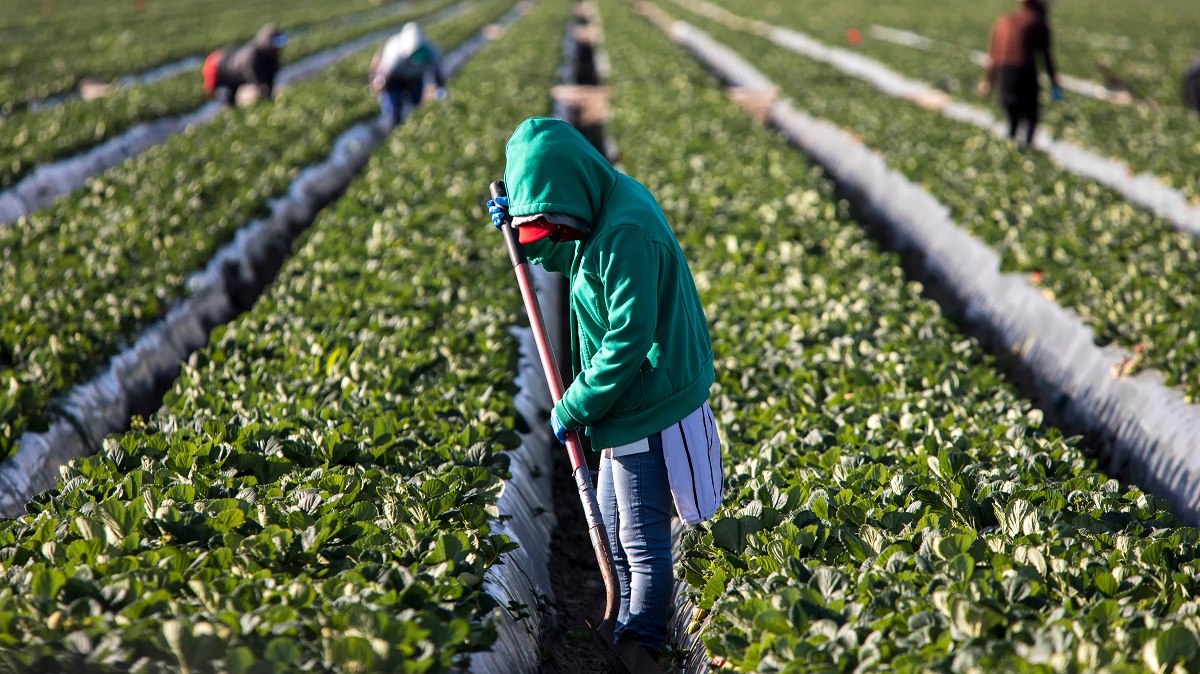UNCTAD recommends five key consumer protection measures to maximize the poverty-reducing power of the money migrants send home.

© Shutterstock/F Armstrong Photography | A migrant worker in a strawberry field.
Remittances, a critical lifeline for millions of people in developing economies, reached nearly $800 billion in 2022. Approximately 80% of these funds, sent by migrants to their home countries, went to low and middle-income nations.
This amount, about four times greater than last year's official development assistance from all advanced economies, highlights the potential role of remittances in poverty reduction. Also, studies show that a 10% increase in international remittances as a share of a country’s GDP can lead to a 1.6% drop in poverty rates.
But high transaction costs, averaging around 6.2% globally, greatly reduce their effectiveness. And vulnerable migrants often face exploitation and financial losses in the remittance process.
UNCTAD Secretary-General Rebeca Grynspan has called for governments to bolster consumer protection for both senders and recipients.
A matter of great urgency
Ms. Grynspan said that in our interconnected world, the protection of consumers in financial markets like remittances is “a matter of great importance and urgency”.
“These remittances enhance resilience, enable investment in housing and provide stability,” she said on 27 November in her opening statement to an UNCTAD meeting of experts on financial consumer protection.
5 measures to maximize the power of remittances
UNCTAD recommends five key consumer protection measures to maximize the poverty-reducing power of remittances:
- Regulate transfer fees and exchange rates to reducing costs and ensure more funds reach the intended recipients.
- Promote financial literacy through educational programs to help consumers make informed decisions.
- Encourage digital remittance services to provide more affordable and accessible money transfer options.
- Enhance transparency and combat fraud to protect consumers from hidden fees and deceptive practices.
- Develop effective dispute resolution mechanisms to provide recourse for issues like delayed transfers or discrepancies in amounts received.
These measures align with the 2015 United Nations guidelines for consumer protection, advocating regulatory oversight and financial education to combat fraud.
UNCTAD’s recommendations come at a critical time as the world navigates the complexities of global finance and the increasing digitalization of services.
“Thailand needs to accelerate consumer empowerment, and count on cooperation in this area from dialogue partners such as UNCTAD,” said Wimonrat Wim Teriyapirom, director of international cooperation for the country’s Consumer Protection Board.
The statement reflects the growing trend of countries working with UNCTAD to safeguard consumer rights in financial services.



